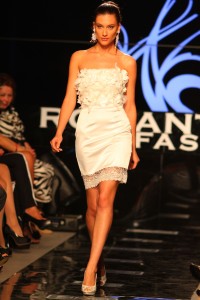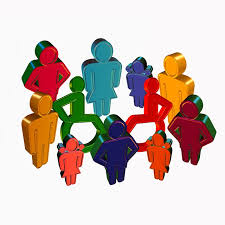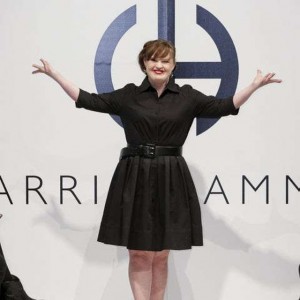As sociologists and feminists we are quick to critique, which does have merit. We tend to look structurally and think individuals are for the psychologists. While we can offer needed critiques on society, it seems our limitation is in proposing solutions that look at both structure and agency, including an understanding of the daily lives of people, especially those who are marginalized in society and have less agency.
I started thinking of this post this the summer when numerous articles posted on the internet reported how a teen with Down Syndrome started modeling. While the articles were positive, I happened to see a comment on Facebook on a feminist group about this young woman modeling. Again, while most of the comments were positive, one person stated how this teen with Down Syndrome should not be modeling or aspiring to be a model because in so many words it reinforced gender subordination. It made me stop and think.
 Yes, the modeling industry is not always an ideal industry. Airbrushed images have pushed women (and men) into eating disorders and unrealistic expectations of body image. Yet, do we critique the industry or the teen? A teen who has lived her life with Down Syndrome in a society that is not always friendly to different abilities? Can we change our lens to see this as someone changing the face or nature of the industry? The comment in ways could be read as critiquing the person, not the industry. How can we critique structures while also remembering how people may have limited options or want to feel included or normal. Can we think of how agency can change the structure?
Yes, the modeling industry is not always an ideal industry. Airbrushed images have pushed women (and men) into eating disorders and unrealistic expectations of body image. Yet, do we critique the industry or the teen? A teen who has lived her life with Down Syndrome in a society that is not always friendly to different abilities? Can we change our lens to see this as someone changing the face or nature of the industry? The comment in ways could be read as critiquing the person, not the industry. How can we critique structures while also remembering how people may have limited options or want to feel included or normal. Can we think of how agency can change the structure? 
While we study social problems and issues from a structural view and advocate what we think changes should be, we cannot forget the people who we as a society have not given agency to, such as those with differing abilities. Can we have a focus of inclusion, which sees these individuals as having agency as something that does change the structure for the better?

We can say “embrace your differences” all day long or “normal is boring”, yet it seems part of human nature to want to be included and to feel normal. Or at the least, not just treated with only sympathy and woe, but seen as a person who has something to contribute to society. This does not mean that structural change does not need to happen.
For the teen with Down Syndrome who is modeling, I say go for it! In alignment with a New York Post piece on these issues, http://nypost.com/2015/07/16/this-model-with-down-syndrome-is-changing-the-face-of-fashion/, you are changing the industry, how we view (dis)abilities, and are a role model to others! Here are some fabulous pictures of this inspiring teen!
